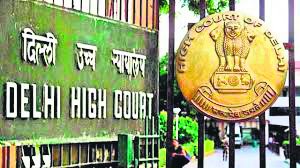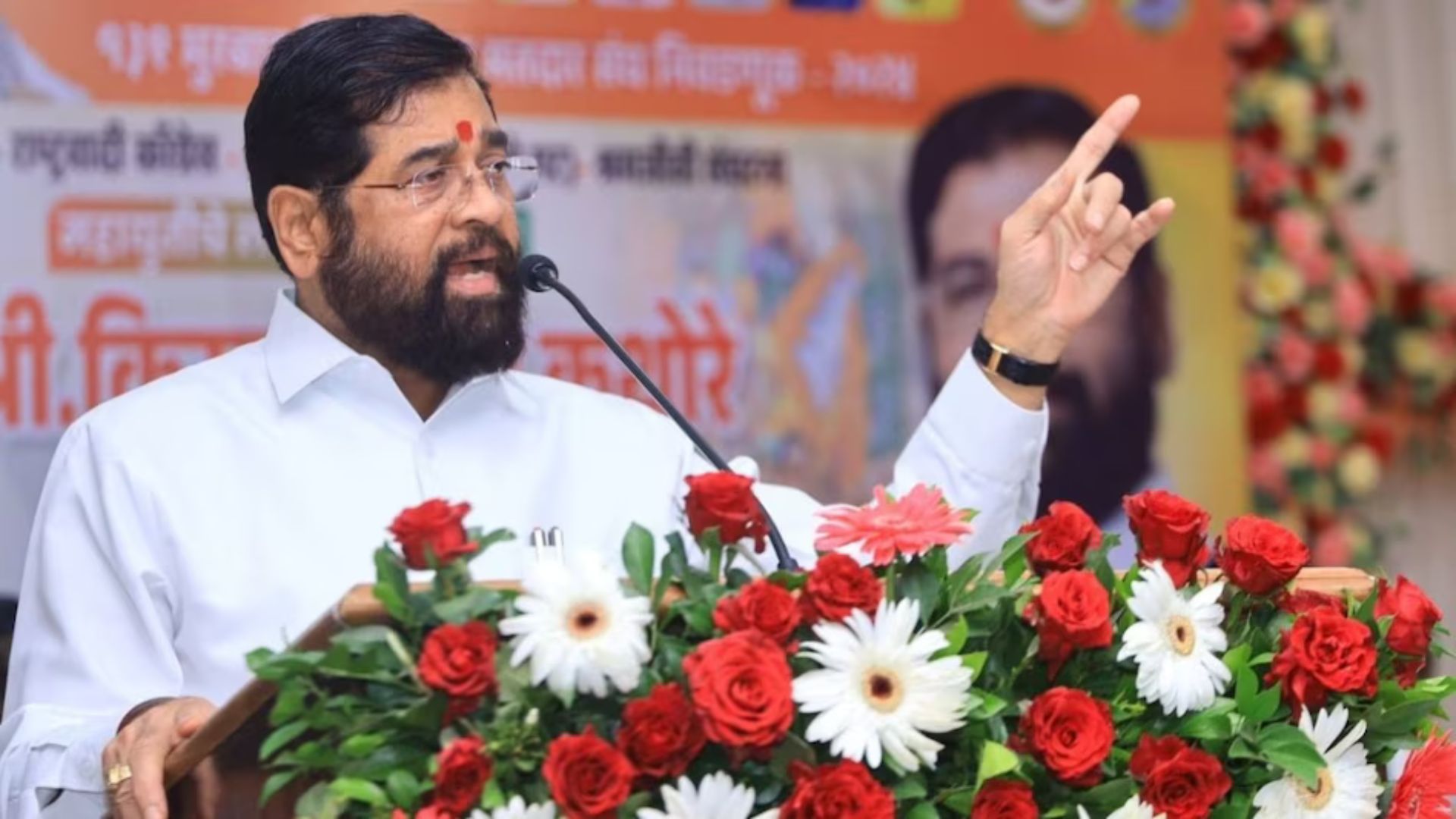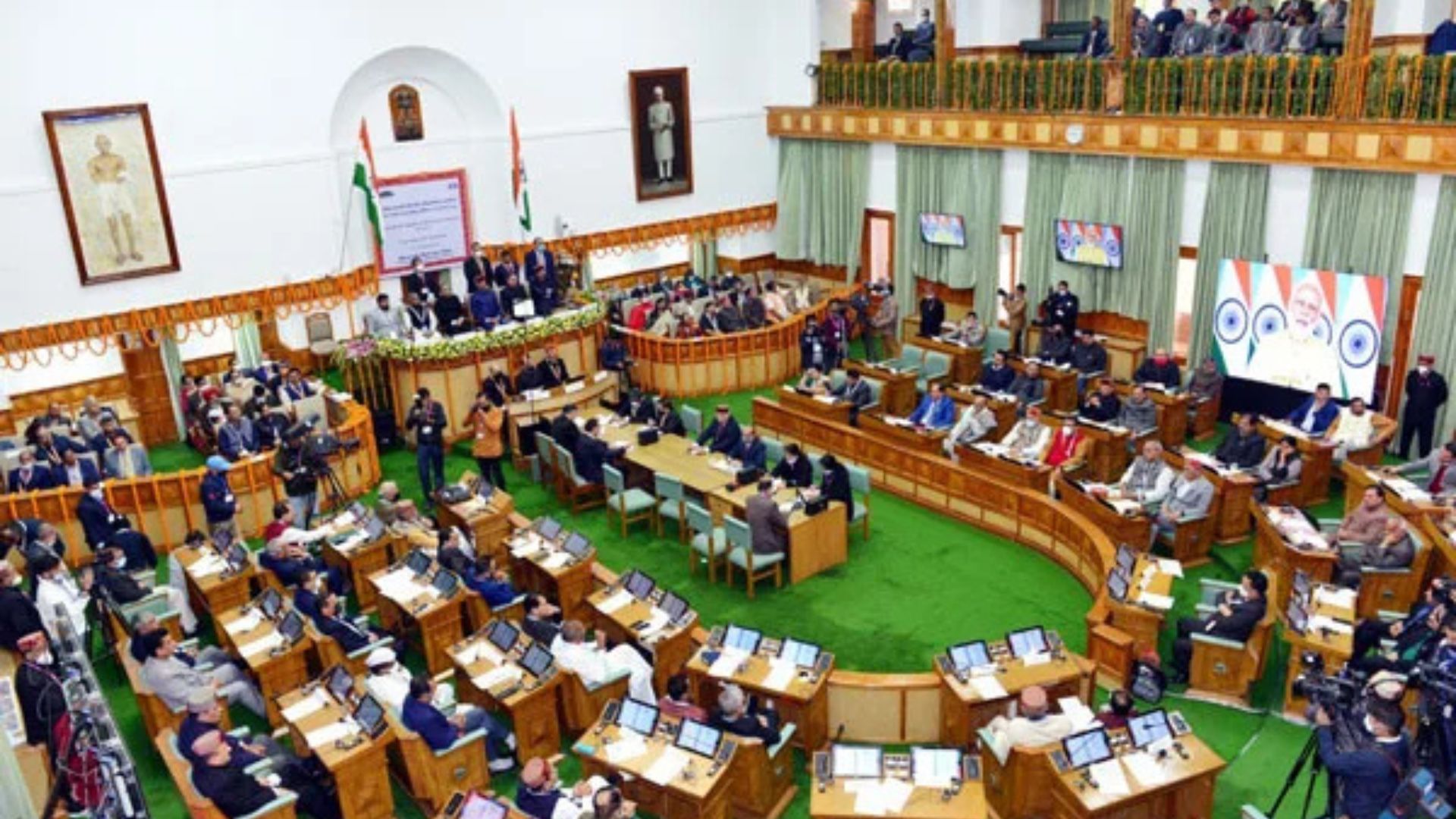
The Delhi High Court in the case Union of India v. M/s Panacea Biotec Limited observed and has held that non-filing of the arbitral award along with the petition moved under Section 34 of the Arbitration and Conciliation Act is a fatal defect which renders the filing as non-est.
The bench comprising of Justice Suresh Kumar Kait and Justice Neena Bansal Krishna in the case observed and has held that filing of an award along with the challenge petition is not an empty procedural requirement as sans the award, thus, the said court is left absolutely clueless to comprehend the grounds taken in the objection Petition and thereby unable to decide whether the Petition merits Notice to be issued or outright rejection.
Facts of the Case:
The court stated that the facts in all three cases were identical. The arbitral award was made on March 14, 2019 and the petition moved under section 34 of the Act, 1996, were subsequently filed.
The court stated that the Condonation of delay, ranging from 50 to 55 days, was sought in filing or refiling applications.
The bench headed by learned Single Judge dismissed the application wherein it is stated that the valid filing occurred beyond the prescribed period of 3 months and 30 days under Section 34(3) of the Act, 1996.
The learned Single Judge in the case observed that the original petitions were filed carelessly and deliberately as an attempt to manipulate the clock on limitation, allowing for a strategic delay.
Therefore, the petitioner’s failure to file the arbitral award along with the original petition and re-filing within the extended period of limitation was considered a defect of significant gravity, rendering the original filing a mere dummy filing.
The bench of learned Single Judge that the petitioner’s explanations for the delay to be perfunctory, vague, and lacking justification. The assertion of the petitioner being that the objections raised by the Registry caused the delay was contradicted by the Registry’s logbook, showing that most defects were not rectified in a timely manner. Consequently, the Court rejected the petitioner’s application for condonation of delay.
The appellant filed the appeals as stated under Section 37 of the A&C Act.
The court in the case observed that the initial filing as well as the first re-filing were without the copy of the award and without the requisite prayer and it is only during the second refiling that these defects were cured.
However, the second re-filing was done after the expiry of the 120 days which includes the grace period of 30 days.
The court in the case obserevd and has held that filing of an award along with the challenge petition is not an empty procedural requirement as sans the award, thus, the said Court is left absolutely clueless to comprehend the grounds taken in the objection Petition and thereby unable to decide whether the Petition merits Notice to be issued or outright rejection.
It has also been held by the court that prayer to set aside the impugned award, a petition cannot be considered valid as such petitions would merely amount to empty submissions without a relief.
The court in the case held that without a prayer, the Court cannot decipher the relief that a party is seeking on the basis of the averments made in the petition and without seeking relief, the petition is not maintainable rendering it non-est.
The court held that since the original filing as well as the first re-fling were non-est due to the fatal defects in them.
The court while considering the facts and circumstances of the case observed and has held that condoning the delay in re-filing the petitions beyond the prescribed period of 3 months plus 30 days would entangle arbitrations in a web of prolonged delays.
Further, the court reasoned, would undermine the very purpose of opting for arbitration, rendering it meaningless.
Accordingly, the Court upheld the decision of the single bench to dismiss the petition as time-barred.
The counsels, Advocates Mr. Kirti Man Singh, CGSC with Ms. Manmeet Kaur Sareen, Mr. Varun Rajawat, Mr. Taha Yasin, Mr. Bhagwan Swaroop Shukla, CGSC, Mr. Rajesh Ranjan, Sr. Panel Counsel, Mr. Saran Kumar, Mr. Archit Chauhan, Mr. Aman Kapoor and Mr. Adil Vasudeva appeared for the Appellant.
The counsels, Advocates Mr. Sandeep Sethi, Sr. Advocate along with Mr. Kawal Nain, Mr. Rohit Dadwal, Ms. Kavita Sharma and Ms. Riya Kumar represented the respondent.














